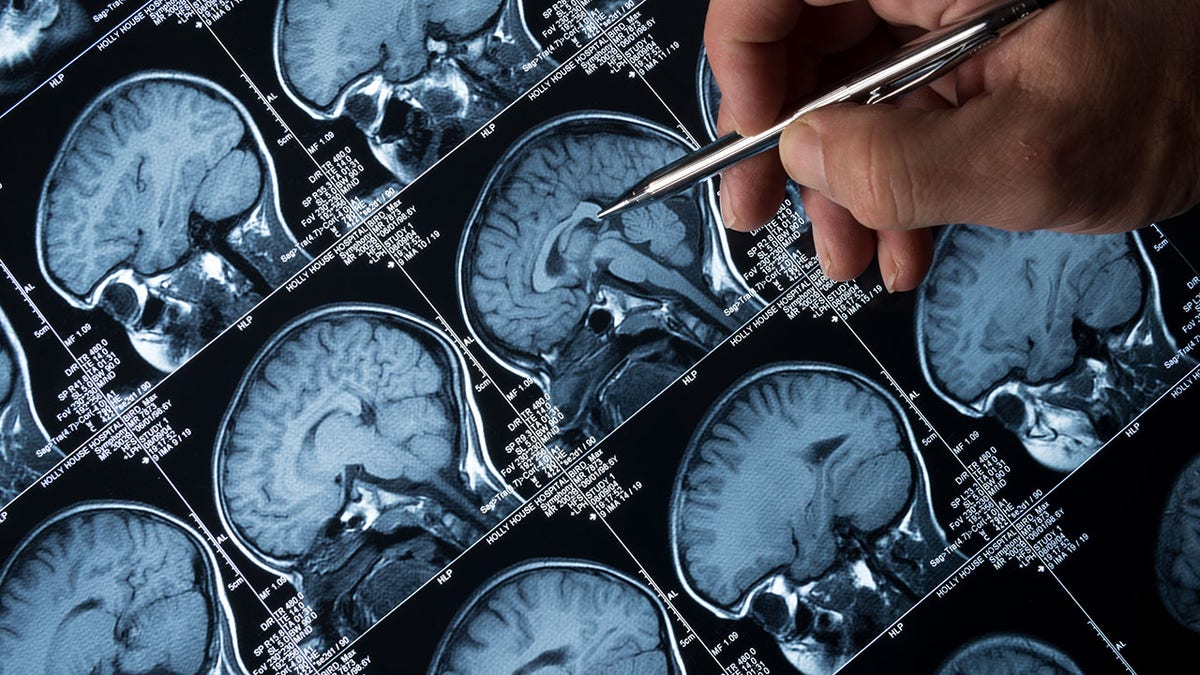Fox News Flash top headlines for March 1
Fox News Flash top headlines are here. Check out what's clicking on Foxnews.com.
Here's another reason why getting up and going for a walk is good for your health.
A new study suggests that staying fit and active into old age can help reduce the risk of dementia or Alzheimer's. The study's results say that being more active could reduce the chances of developing these conditions by a third.
PUTIN'S 40 MILES OF KILLING MACHINES TAUNT UKRAINE'S CAPITAL: LIVE UPDATES

The study suggests that walking for two-and-a-half hours a week (a half-hour a day, five days a week) can have a significant impact. (iStock)
A group of 649,605 military veterans with an average age of 61 were followed for nine years in the study conducted by researchers at the Washington VA Medical Center in Washington DC, the Sun US reports.
At the beginning of the study, none of the participants had Alzheimer's.
CLICK HERE TO GET THE FOX NEWS APP

The study suggests that the risk for Alzheimer's is not an "all-or-nothing proposition." (iStock)
By the end of the study, it was discovered that 9.5 cases of the condition developed for every 1,000 person-years for non-active participants, while active participants saw that number reduced to 6.4 cases for every 1,000 person-years.
The study suggests that walking for two-and-a-half hours a week (a half-hour a day, five days a week) can have a significant impact.
"One exciting finding of this study is that as people’s fitness improved, their risk of Alzheimer’s disease decreased - it was not an all-or-nothing proposition," said study author Dr. Edward Zamrini. "So people can work toward making incremental changes and improvements in their physical fitness and hopefully that will be associated with a related decrease in their risk of Alzheimer’s years later."
FOLLOW US ON FACEBOOK FOR MORE FOX LIFESTYLE NEWS

The study was conducted by researchers at the Washington VA Medical Center in Washington DC (iStock)
He continued, "The idea that you can reduce your risk for Alzheimer’s disease by simply increasing your activity is very promising, especially since there are no adequate treatments to prevent or stop the progression of the disease. We hope to develop a simple scale that can be individualized so people can see the benefits that even incremental improvements in fitness can deliver."





















